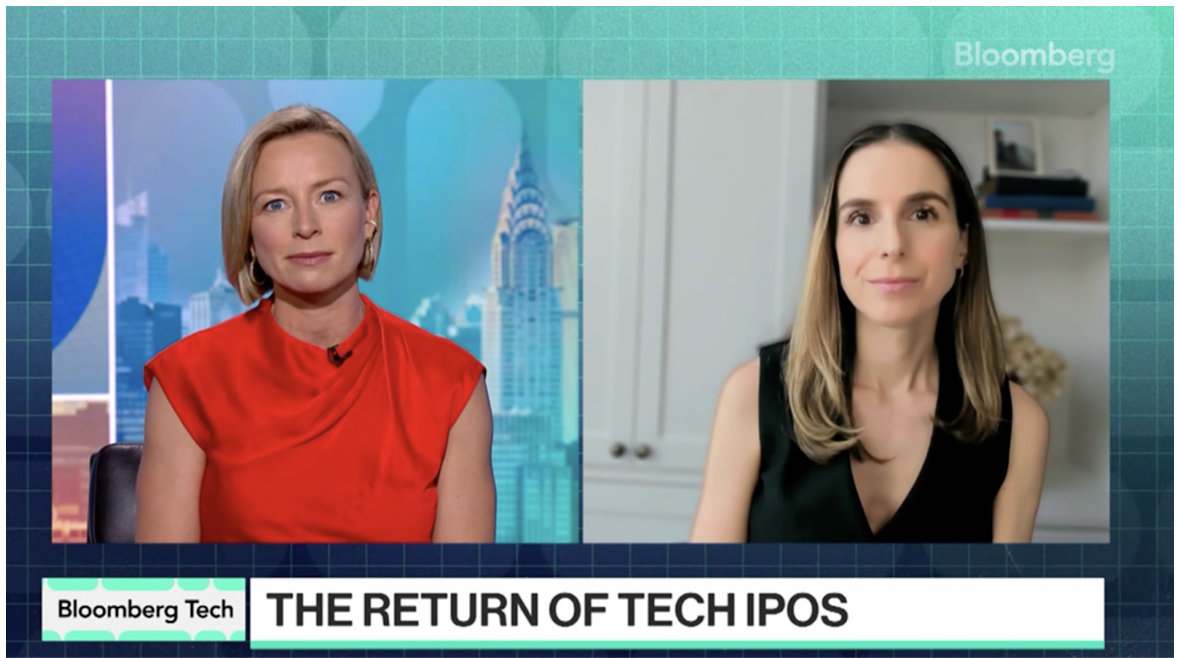
Up market or down market, individuals, companies and governments need cybersecurity to survive in today’s digital age. With the growing frequency and sophistication of cyber attacks, as well as the increasing reliance on technology in our daily lives, cybersecurity has become an increasingly important and headline-leading industry.
Cybersecurity Investment Opportunities in 2025
In the growing digital economy, cybersecurity has evolved from a defensive necessity to a core business enabler. As companies race to deploy next-generation technologies, the largest enterprises are recognizing that robust security isn’t just about preventing loss—it’s about enabling growth. This shift has ignited a new wave of investment, creating opportunities in specific, high-growth sub-sectors of the cybersecurity market.
The scale of the challenge is immense. It was projected that the annual cost of cybercrime would reach $10.5 trillion by 2025, a figure that now accurately reflects the global reality. This massive financial risk has made cybersecurity a strategic priority, fueling innovation and creating new investment opportunities.
Key Areas of Cybersecurity You Need to Know
Cybersecurity involves the practice of protecting computer systems, networks, and sensitive data from unauthorized access, theft, damage, or other cyber threats. The industry includes a wide range of products, services, and practices aimed at securing digital infrastructure and ensuring the confidentiality, integrity, and availability of information.
There are several sub-sectors within the cybersecurity industry, each focused on specific areas of security. Some key areas include:
- Network Security involves protecting computer networks from unauthorized access, malware, and other threats. This includes firewalls, intrusion detection and prevention systems, and virtual private networks (VPNs).
- Endpoint Security involves securing devices such as laptops, desktops, and mobile devices against cyber threats. This includes antivirus software, anti-malware, and mobile device management (MDM) software.
- Cloud Security involves securing data and applications that are hosted in the cloud. This includes cloud access security brokers (CASBs), cloud security posture management (CSPM) tools, and cloud workload protection platforms (CWPPs).
- Application Security involves securing software applications against cyber threats. This includes web application firewalls, static and dynamic code analysis tools, and application security testing (AST) solutions.
- Identity and Access Management involves managing user access to systems and data to ensure that only authorized individuals can access sensitive information. This includes identity and access management (IAM) solutions and multi-factor authentication (MFA) tools.
The 2025 Investment Landscape: Spotlight on High-Growth Opportunities
The cybersecurity market is expanding rapidly with projected growth from $272 billion in 2025 to over $500 billion by 2030. The most significant opportunities are concentrated in specific, emerging domains. Investors are moving beyond foundational tools to back the platforms that solve the complex challenges of tomorrow.
In the first quarter of 2025, the venture-backed cybersecurity sector saw a 29% increase in total funding from the previous quarter, reaching $2.7 billion. As technological innovation introduces new cybersecurity threats, companies are looking to strengthen their risk mitigation and management capabilities.
Google’s acquisition of cloud security platform, Wiz, for an astounding $32 billion in March of 2025 is yet another example of market leaders prioritizing the capabilities of their cybersecurity solutions. With a forward five-year CAGR of 12% for cybersecurity spending, investors are looking for new ways to capitalize on that growth.
One of the biggest opportunities lies in Generative AI Security. The enterprise adoption of Generative AI is one of the most significant technological shifts in decades. This development creates a massive, untapped market for specialized security solutions. Opportunities abound for companies that can:
- Secure Large Language Models (LLMs) against data poisoning and model theft
- Detect and block Gen AI-powered phishing and deepfake-based social engineering attack
- Ensure data privacy and compliance for the vast datasets used to train and run AI models
The Private Companies You Should Know
The private cybersecurity market is being shaped by innovative companies leading within high-growth sub-sectors.
- Arctic Wolf is a company that develops security operations solutions that aim to manage, respond to, and transfer risk using data-driven insights, AI tools, and other technologies.
- Bitsight develops cyber risk mitigation solutions using external security data and analytics. The company provides technological solutions and intelligence to identify vulnerabilities, and develops a cyber risk rating system which aims to build a standard for the security industry.
- Lookout is a cybersecurity company that specializes in mobile device security protection. The company’s proprietary technology combines Social Engineering Protection with mobile Endpoint Detect and Response, claiming to mitigate risks like app-based threats or identity-centric theft.
- Netskope is a cybersecurity company that provides a unified, cloud-native SASE platform that aims to help organizations protect their data and users across the web, cloud, and private applications.
- Snyk is a cybersecurity company whose stated mission is to help software developers find and fix security vulnerabilities and license compliance issues directly within their existing workflows.
- Tanium is a cybersecurity and systems management company that aims to provide an autonomous endpoint management and security platform. The company’s core technology focuses on endpoint management, risk and compliance, and incident response for businesses at scale.
Conclusion
Cybersecurity breaches can have severe consequences for individuals, businesses, and even governments, including financial losses, reputational damage, and national security risks. As a result, the demand for cybersecurity solutions has grown significantly in recent years. Investment focus has shifted from generalized defense to strategic platforms that enable secure innovation in AI, the cloud, and critical infrastructure.
The industry is expected to continue to expand in importance as technology becomes more ubiquitous and cyber threats become more sophisticated, especially with the use of AI. If you’re interested in learning more and investing in this growing space, take a look at our listings page.
Not all pre-IPO companies will go public or be acquired, and not all IPOs or acquisitions are or will become successful investments. There are inherent risks in pre-IPO investments, including the risk of loss of the entire investment, illiquidity, and fluctuations in value and returns. Investors must be able to afford the loss of their entire investment.


